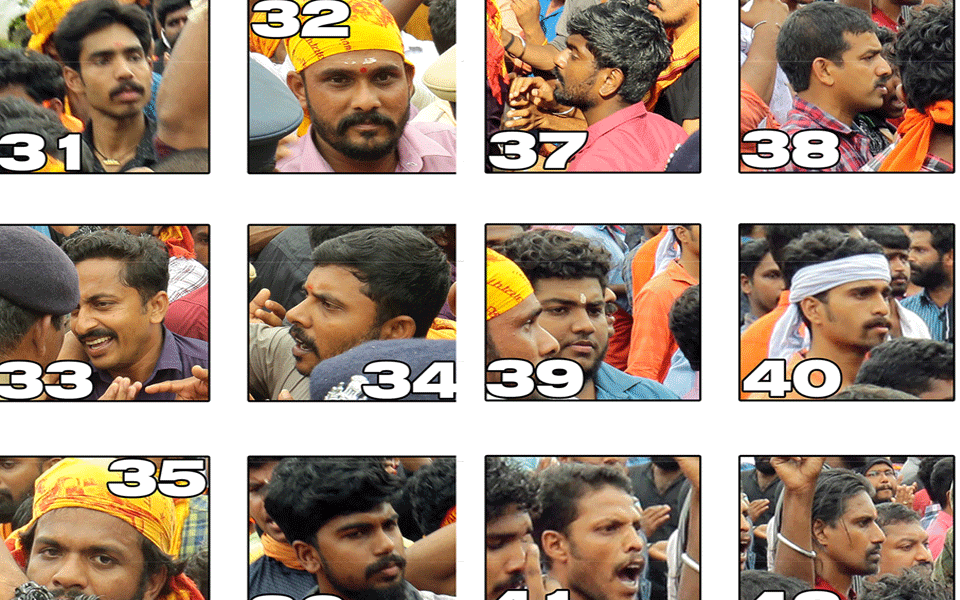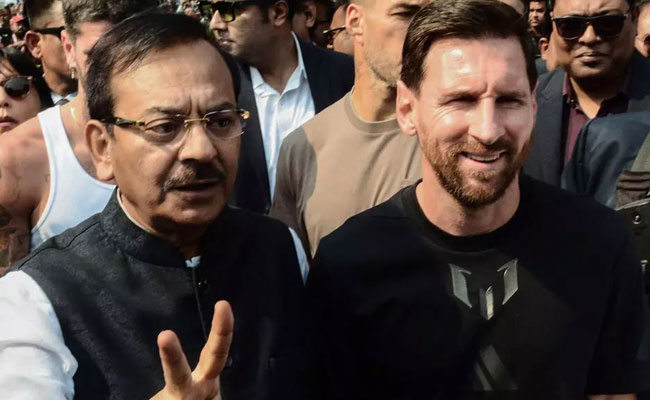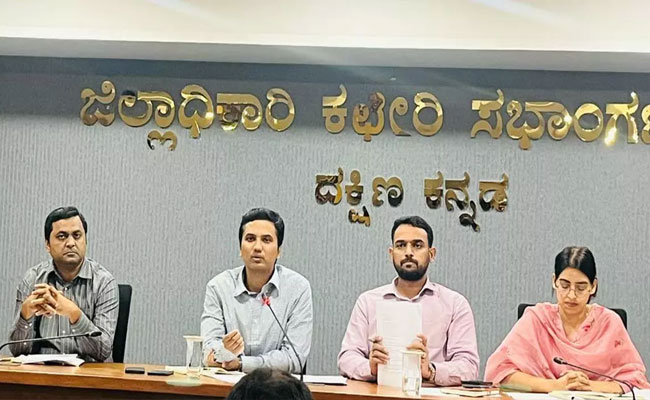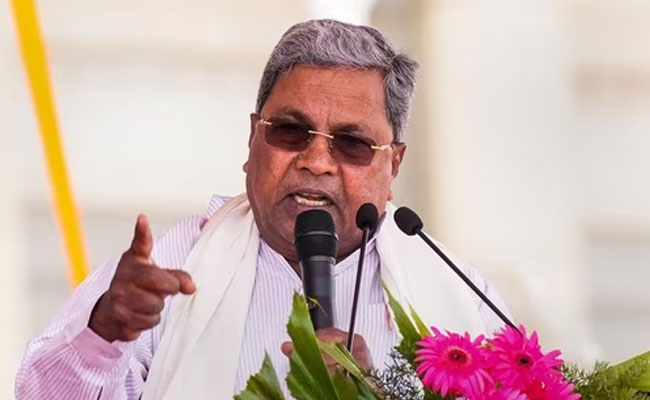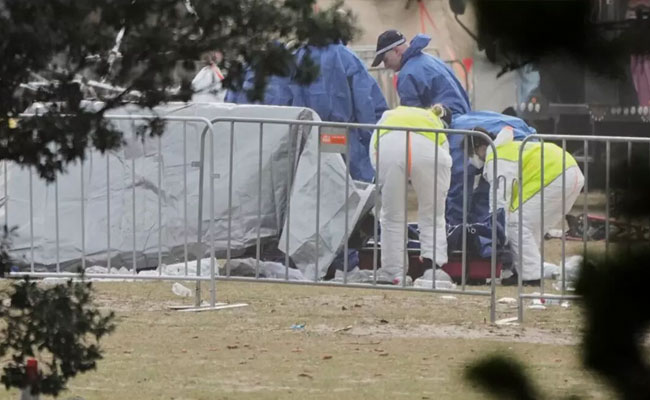Kasargod: The police have initiated action against 210 protesters who staged the protest in Sabarimala against the Supreme Court's order regarding entry for women of menstrual age into Sabarimala temple.
The police have released pictures of the accused and filed nonbailable cases against them for group assault and damaging public properties etc.
The cases are also filed for damaging KSRTC buses, police vehicles, and attack on women journalists.
The pictures of the accused have been sent to various police stations in the district.
Let the Truth be known. If you read VB and like VB, please be a VB Supporter and Help us deliver the Truth to one and all.
New Delhi (PTI): The BJP on Tuesday alleged that West Bengal Chief Minister Mamata Banerjee's accepting Aroop Biswas' resignation as the state sports minister is nothing but a "rear-guard action" to douse public anger over the mismanagement of football icon Lionel Messi's event last week.
BJP co-in-charge for West Bengal Amit Malviya alleged that this is also an "open confession" that the Messi event fiasco was not accidental but a government-manufactured disaster, borne out of the poor governance of Banerjee, her ministers and the state bureaucracy.
Banerjee on Tuesday accepted Biswas' resignation as the sports minister in the wake of the controversy over the mismanagement of football icon Messi's event last week, a senior leader of the ruling TMC said.
Biswas, who had written to the chief minister seeking to be relieved of his responsibilities as sports minister, will continue as a cabinet minister, retaining charge of the power department.
ALSO READ: Slain Australia beach shooting suspect native of Hyderabad: T'gana police
Reacting to the development, Malviya said in a post on X, "TMC Sports Minister Aroop Biswas resigns after the Messi fiasco and Mamata Banerjee accepts it in record time."
"Do not mistake this for accountability; this is nothing but a rear-guard action to douse public anger. anger! This is not 'Raj Dharma'," he added.
The BJP leader alleged that the incident was the outcome of "loot" of common people which is "so synonymous" with the TMC.
The incident was also the outcome of the "shameless VIP culture that TMC thrives on and deep-rooted cronyism promoted by Banerjee," he charged.
Malviya further alleged that Biswas' resignation exposes a "collective failure of Mamata Banerjee, her partisan bureaucracy, and her crony cabinet".
"This is a symbolic sacrifice, a political hoax, soon to be buried under layers of bureaucracy, with no justice, no accountability, and no remorse," the BJP leader said, adding, "No resignation will bring back the time lost, the money wasted, or the stolen chance for football lovers to witness Messi in Kolkata."

